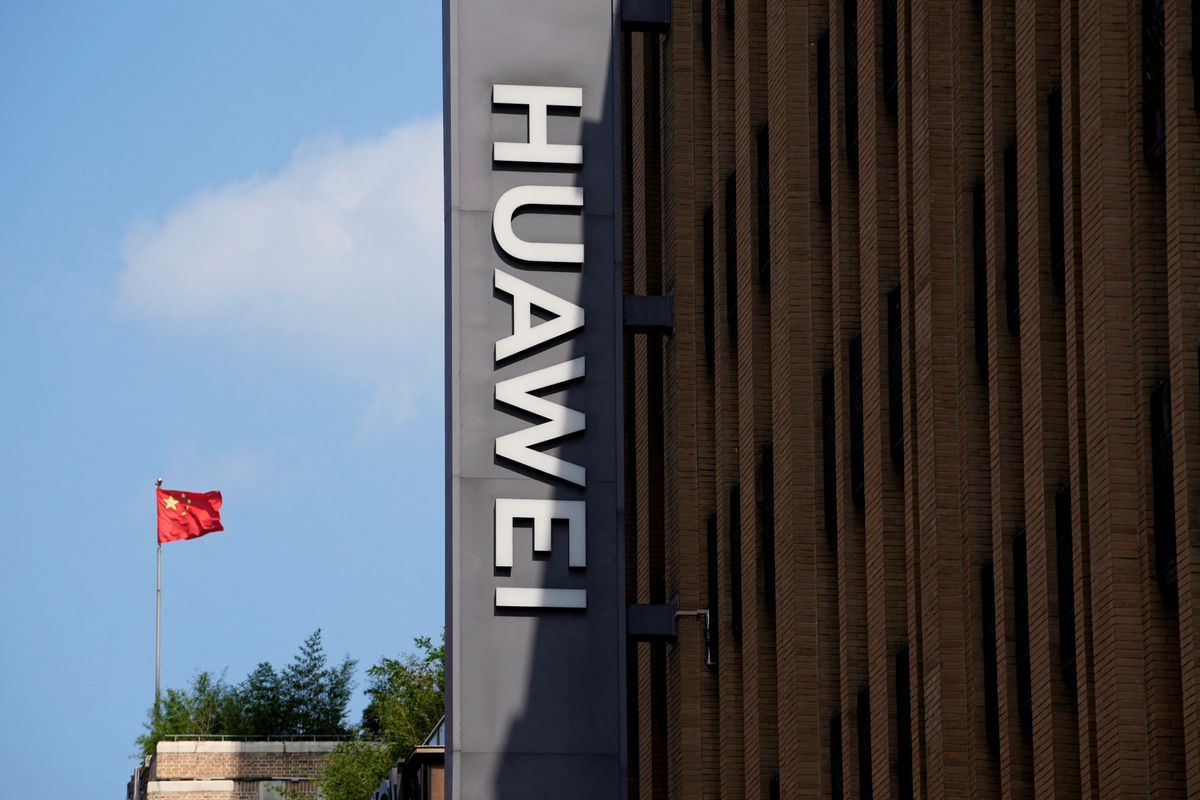Huawei launches two new electric vehicles
Huawei is making big moves in China's EV scene with its new models, the Avatr 12 and Luxeed S7, both equipped with advanced driving features.

A few minutes every morning is all you need.
Stay up to date on the world's Headlines and Human Stories. It's fun, it's factual, it's fluff-free.
The backstory: China's influence in the electric vehicle (EV) market has been a headline grabber. In 2022, 29% of cars sold in China were electric or hybrid, according to IEA, reflecting the nation's strong push for sustainable transportation. But the landscape shifted as EV sales growth dropped to 41% from January to May this year, down from 120% for the same period last year. Why? Fierce competition, triggered by a price war led by Tesla, caused a domino effect as over 40 other automakers slashed prices by over 10,000 yuan (US$1,400) on 753 car models. At the same time, Chinese EV makers were eyeing global markets to tackle rising domestic competition.
To counter this, China implemented measures in May and June to boost the EV industry, expediting EV charging station construction and offering incentives for environmentally friendly car purchases. By August, China's car sales had its first rebound with year-on-year growth.
In the tech realm, Chinese tech giant Huawei, mainly known for telecommunications and smartphones, has diversified into various sectors like cloud computing, artificial intelligence (AI) and consumer electronics. Notably, in 2021, Huawei entered the EV market with its first electric vehicle.
More recently: In August, Huawei drew attention with new smartphones featuring high-tech chips made in China. An upcoming chip, Ascend 910B, created buzz for potential competition with Nvidia's A100, capturing interest from Chinese businesses and academic circles. On the EV front, Huawei hinted at two upcoming releases: the Luxeed S7 sedan, developed with Chinese automaker Chery, and the Aito M9 electric SUV in collaboration with another Chinese automaker, Seres.
The development: Huawei is making big moves in China's EV scene with its new models, the Avatr 12 and Luxeed S7, both equipped with advanced driving features. The Avatr 12, powered by Huawei's smart driving system, aims for increased sales in a fiercely competitive market. Preorders for the Luxeed S7 began at 258,000 yuan (US$35,400) last week, with regular sales starting on November 28.
Richard Yu, the head of Huawei’s consumer division, presented the S7 and said it beats Tesla's Model S. The 800-volt battery made by CATL offers a 400-kilometer (249-mile) range after just a 15-minute charge, outperforming Tesla’s 347-kilometer range (about 216 miles) for the same charge time. Yu also highlighted the S7's innovation with its super-thin 800-volt battery pack, which he said is the slimmest in the industry.
Key comments:
“Where the S7 does stand out though is the 800-volt platform, which should enable very fast charging. Tesla [doesn’t] yet use an 800-volt platform, so the S7 will have an edge in this area,” said Mark Rainford, an automotive industry commentator based in Shanghai to CNN.
“The forecast is the latest sign that China’s EV builders might see a strong sales recovery,” said Gao Shen, an independent analyst in Shanghai to SCMP, referring to Chinese EV maker Nio’s forecast for a jump in deliveries in June. “A rebound in sales by indigenous brands will take place in the second half when their new models hit the market.”
“In the age of the smart car, competition will be even more fierce,’’ said Richard Yu, the chairman of Huawei car business unit, at an event in June. “Over the long term, I believe manufacturers that closely work together with Huawei can live on and become one of the few survivors.”




Comments ()